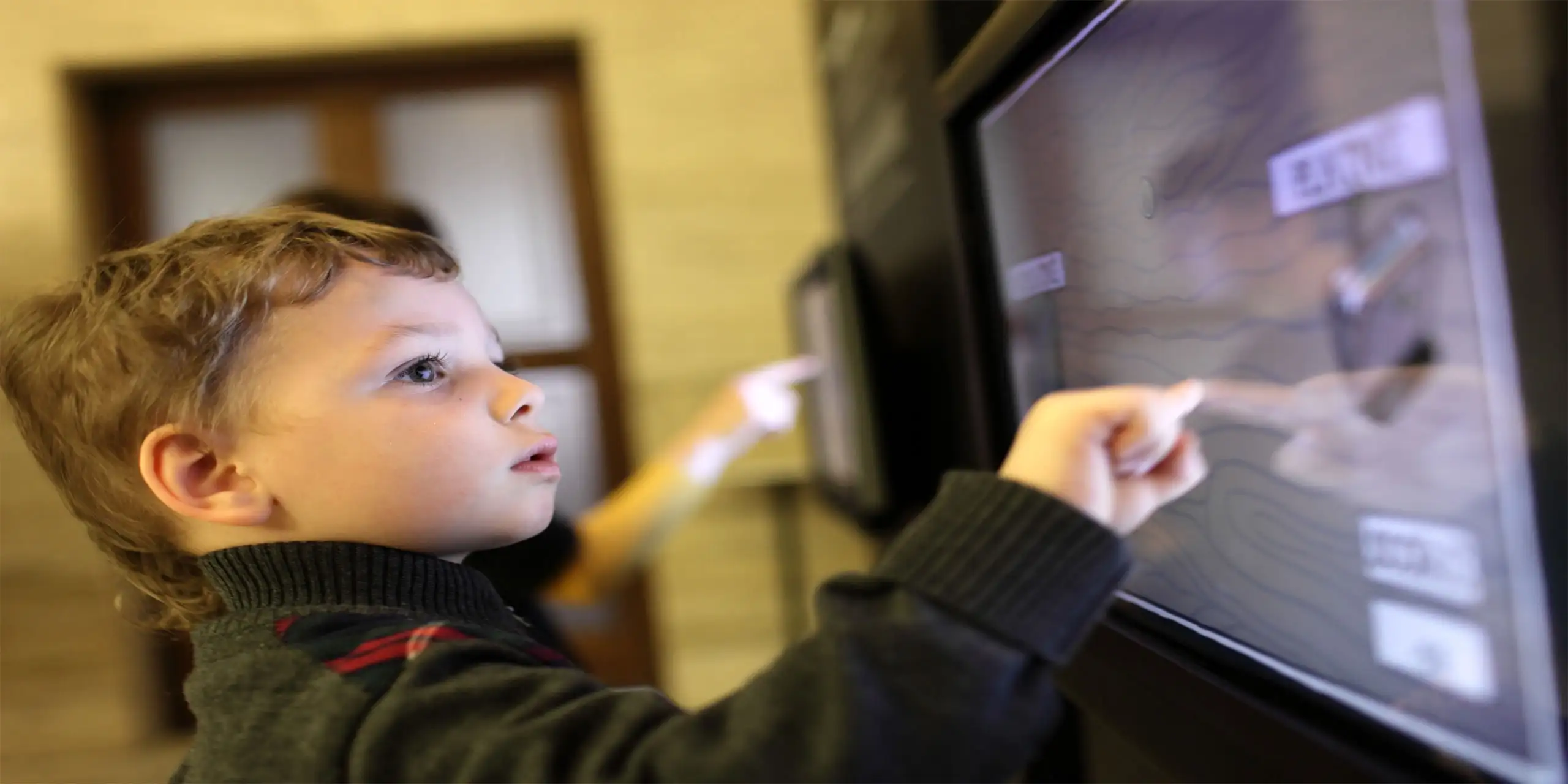Whether on vacation or near home, children’s museums are a wonderful place for families to bond. Kids love the carefully crafted playgrounds, where they are free to imagine, explore, create and learn.
For children with special needs, however, outings can be difficult if they are limited by mobility challenges, struggle to communicate, or become easily overwhelmed with stimuli. Luckily, more and more museums are reaching out to children with special needs. From designing wheelchair accessible exhibits to offering sensory-sensitive visiting hours for children on the Autism Spectrum, museums are evolving to advance inclusion.
We’ve highlighted 10 children’s museums across the country and some of the ways they are accommodating families who have children with special needs. These are the best museums for special needs children.
Written by Barbara & Jim Twardowski, RN
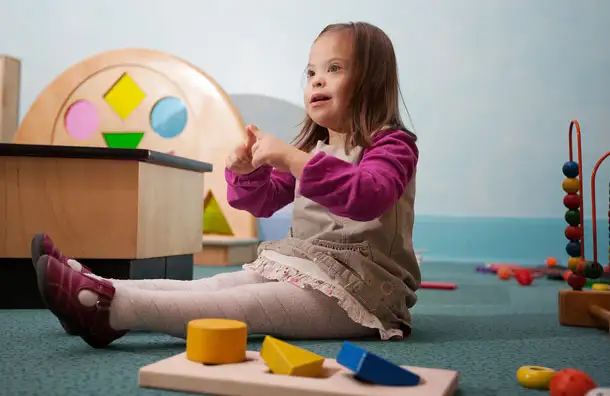
DuPage Children's Museum
Families with special needs children can participate in DuPage Children's Museum's Third Thursday event for special needs children, when the facility remains open an extra two hours. During this inclusive and typically quieter time, parents will find a resource table with information on local organizations serving the disability community. Kids can also interact with Alex, the therapy dog. The sheltie and his owner are official DuPage Children"s Museum (DCM) volunteers.
Once a month, DCM's art studio introduces a different sensory-based activity. Its S.M.A.R.T. Cafe -- which offers vegetarian and gluten-free entrees -- also allows children to select a meal by pointing to the pictures on the menu.
The museum offers a long list of adaptive equipment and resources, including children's books in Braille, noise-reducing headphones, adult-size wheelchairs, adaptive rods for Glow Art and a visual communication system.
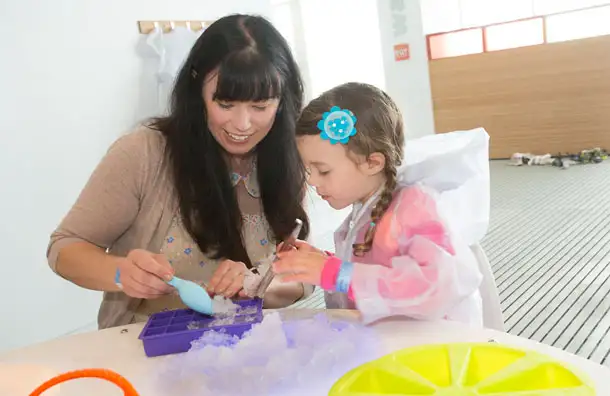
Children's Museum of Pittsburgh
The entire Children's Museum of Pittsburgh is accessible by ramp and elevator, except for the Gravity Room in the Attic. Trained staff members can assist guests with special requests, and items available for borrowing during a visit include wheelchairs, sound-blocking headphones, sensory blankets and vests, wrist assistance cuffs and Versatile Velcro lap tables, which adjust to fit most wheelchairs.
The museum's exhibits are described from a child's perspective in the booklet, "Museum Stories." Written especially for children with developmental disabilities, the booklet incorporates visual messages about what to expect at each exhibit. Parents can download the guide before visiting and plan what is most appropriate for their child.
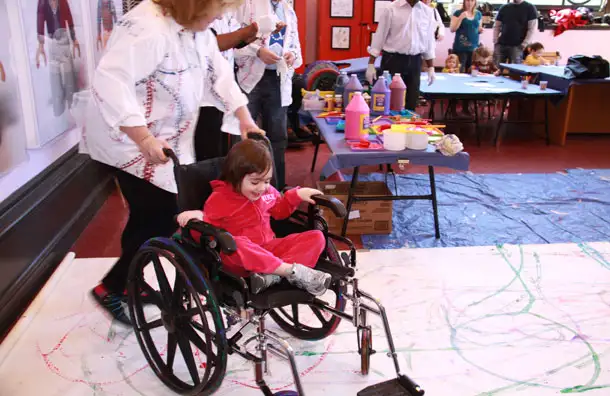
Please Touch Museum
Popular in Philadelphia, the Please Touch Museum's "Play Without Boundaries" event for special needs children strives to make visiting the museum comfortable and fun for families -- even before they arrive. Parents can download "Museum Stories," a 16-page booklet with photographs that depict everything from waiting in line at the entrance to dressing up as an astronaut in Space Station. Accessibility and inclusion trained staff members can direct families needing a sensory break to the "Quiet Space of the Day," too.
Also, the popular Please Touch Playhouse Theater presents 25-minute performances every Monday, Wednesday, Friday and Saturday at select times, and offers wheelchair accessibility.
Puppets stroll the museum talking to children and creating opportunities for improvisational dramatic interactions. Some of the playful characters include Dr. Penny, who encourages children to wash their hands; Benny Bear and his teddy, inseparable best friends; Gus the Bus Driver, who is a jokester; and Melita, who enjoys making new friends and showing her wheelchair flair.
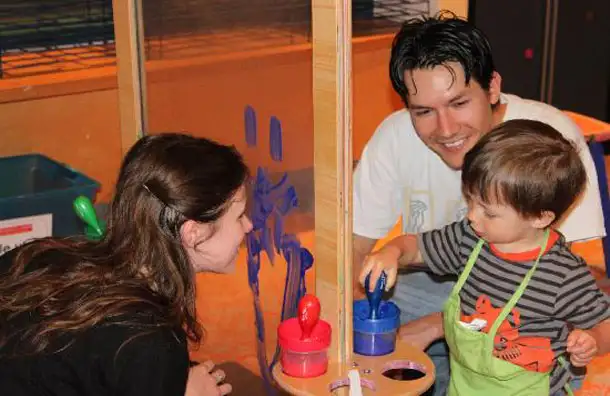
Seattle Children's Museum
Throughout the year on select Saturdays, the Seattle Children's Museum dims the lights and adjusts the sound in an event for special needs children. "Sensory Sensitivity Hours" is a partnership with Autism Speaks. Admission rates are reduced, but must be purchased online, which allows the museum to adjust their staffing. Every Friday morning at 11:30 a.m., families can "hear" stories during the Visually Speaking program. The organization, Visually Speaking, specializes in teaching children from birth through age 12 how to communicate with sign language.
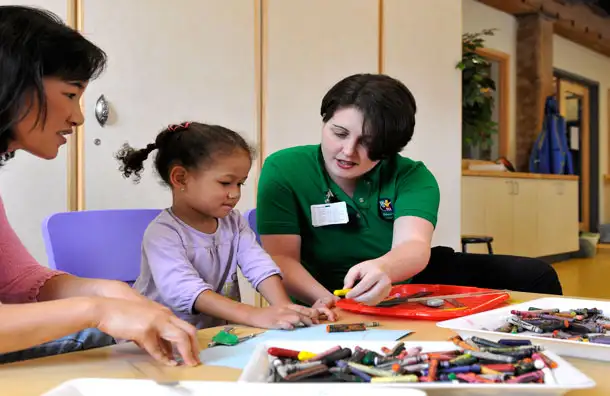
Boston Children's Museum
The Morningstar Access Program opens the museum doors to children with special/medical needs at scheduled times throughout the year. Attendance is limited to 100 guests -- enabling children and their families to enjoy the museum with less concern regarding crowds (pre-registration is required).
Parents will find a range of helpful tools on the museum's website from a downloadable large print map of the facility to details on where to find quiet spaces throughout the museum. Typically, guests will enjoy a quieter museum experience during afternoons on school weekdays.
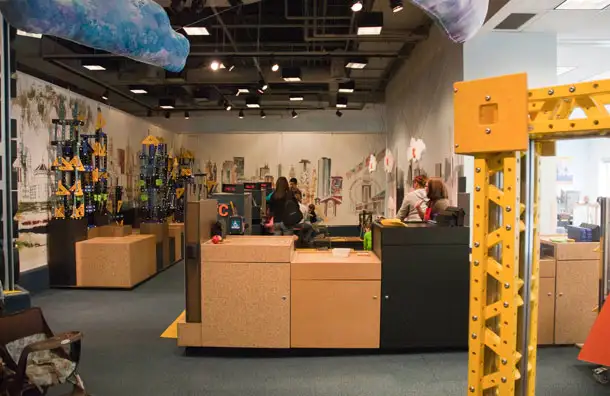
Chicago Children's Museum
One of the few museums to design its exhibits in-house -- from conception through construction -- the CCM frequently partners with local organizations to add handicap-accessible features to special programs, too.
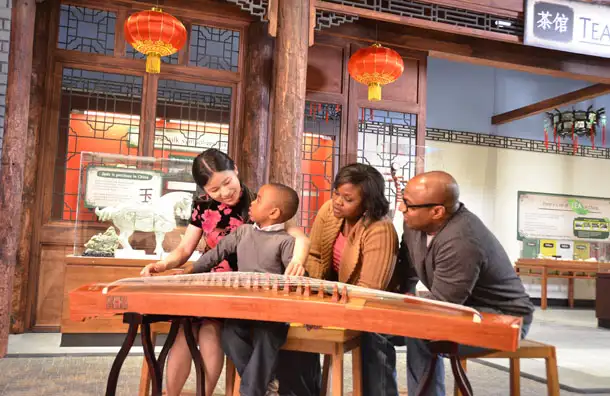
Children's Museum of Indianapolis
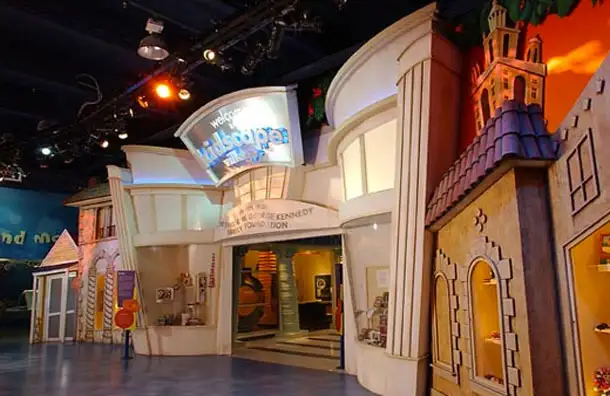
Miami Children's Museum
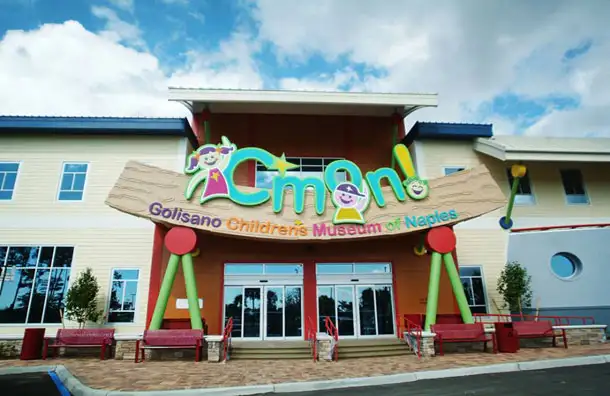
The Golisano Children's Museum
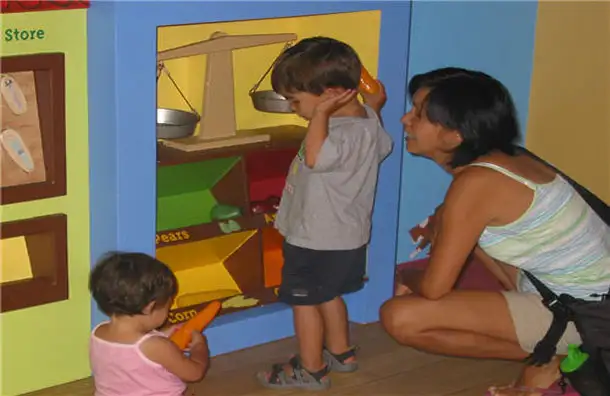
Children's Museum of Manhattan
Our team of parents and travel experts chooses each product and service we recommend. Anything you purchase through links on our site may earn us a commission.


